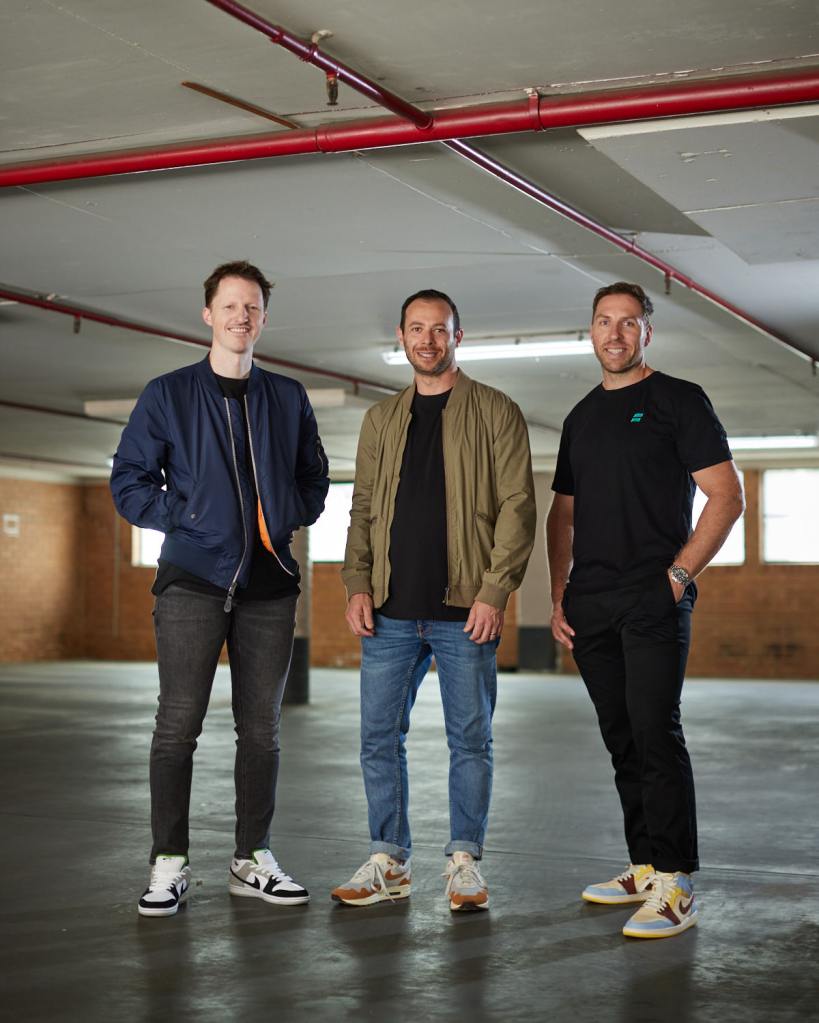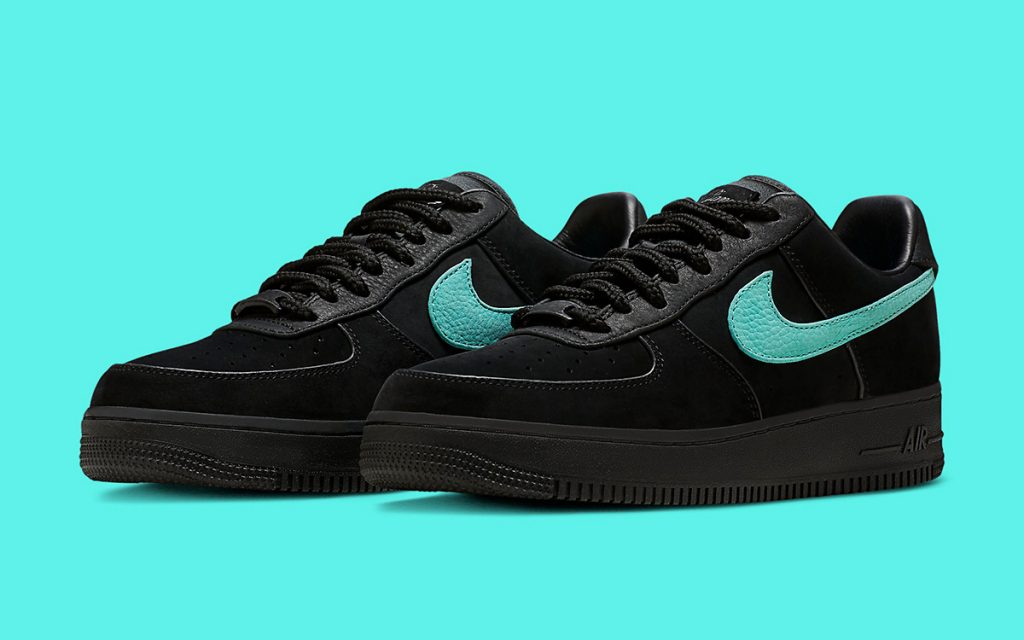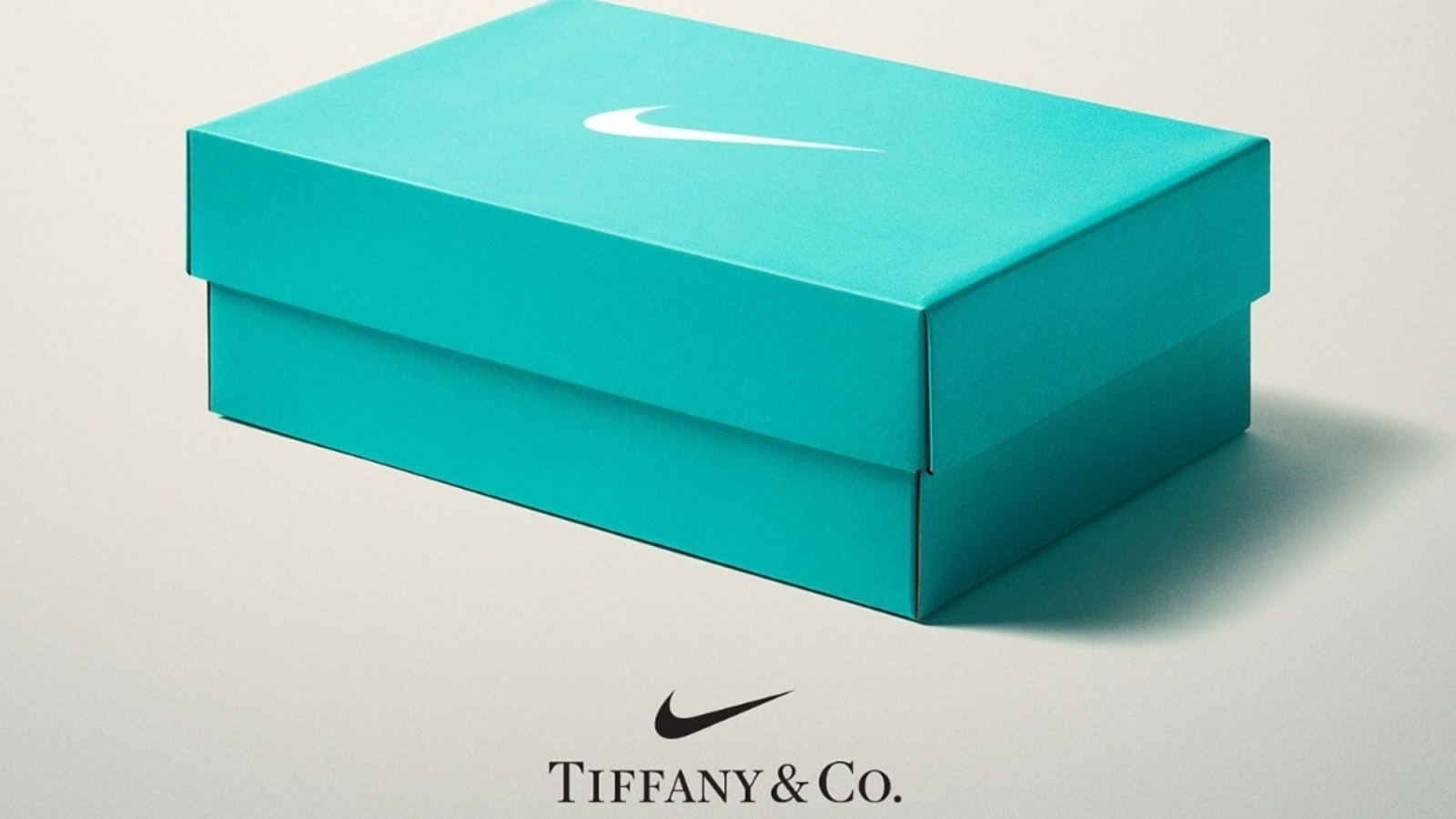In 2021, three ex-Google employees put their heads together to make hype drops a better experience for fans. Today, EQL has raised $25 million in capital and powered some of the world’s hottest hype drops successfully.

When the 1837 Air Force 1, the hotly-anticipated collaboration sneaker between Nike and luxury jewellery-maker Tiffany & Co, hit the market, it didn’t last long.
The $500 sneakers with the classic Nike tick in Tiffany’s signature baby blue sold out almost instantly, with hundreds of thousands of fans surging the site to nab a pair. And an Australian company, EQL, was tasked with ensuring they do.
EQL, which launched in 2021, is a software company that helps global brands sell the most in-demand products – the kinds of products that trigger huge fanbases.
It’s called hype-commerce: “They need to be scarce and alluring – they need to drive a frenzy and desire – so they’re usually very topical and usually at the epicentre of the zeitgeist. They ride on a pulse,” EQL co-founder Andrew Lipp tells Forbes Australia. Just like the Nike x Tiffany collaboration sneaker.
But, according to Lipp, standard e-commerce isn’t built for the hype, which often leads to sites crashing due to overloaded servers, or bots building algorithms to clear stock quickly and re-sell it at a higher value on the secondary market.
“I’m an 80s baby,” Lipp says.
“My era of primary school and high school was, you know, collecting basketball cards, comic books and sneakers to some degree… Until I got kind of disenfranchised by the fact that I couldn’t access it.”
After spending nine years with Google in marketing and brand, Lipp realised there was demand for a service like EQL (pronounced Equal).
“Commerce isn’t built on massive spikes – it’s built for sustained conversions. Could you build a platform that scales when the frenzy ensues, so you can mitigate and avoid crashes? Could you built some bot and scammer detections that can identify if someone is trying to pretend they’re also other people and trying to clear out stock to resell it?” Lipp explained.
Lipp partnered with two other ex-Google employees: Patrick Donelan, the company’s chief technology officer, and James Boysons, the company’s chief revenue officer. They formed a deck, thanks to Lipp’s marketing skills, and cold-approached Nike with an idea: get hype products into the hands of real fans first.
“We just wanted to check whether we were barking up the right tree. We didn’t want to go on this adventure of realisation that this was useless, so we tried to talk to as many folks in the industry as we could.”
In 2021, EQL landed some initial funding from AirTree and some other angel investors and launched EQL 1.0. They landed their first ever retailer, Maison Chateau Rouge, which was doing an Air Jordan collaboration later that year. Success: they managed the load, did some light bot and scammer detection and facilitated significant transaction volume for the retailer.
It works like this: Retailers use EQL’s portal to run the launch, but it looks like the retailer’s own splash page. It’s usually the retailer’s name followed by “.runfair.com”. Run Fair is the certification that EQL has developed so retailers can show they’re being fair to their customers. EQL’s learning model – its proprietary software – runs cohort analysis at launch and ranks people that are interested in the product. It looks at payment types, addresses and browsers and ultimately tries to determine who is the biggest fan, and who’s doing something “a little bit shady”.
To date, the business has raised $25 million. It’s played a key role in 2,500 launches for brands like Foot Locker, Crocs, Culture Kings and – of course – Nike and Tiffany. That was a pinch-me moment for EQL.
“This was a pinnacle brand, heritage, premium, luxury, meets street and culture. You would argue that’s the biggest launch of the year – and will ever be – and it’s only April,” Lipp said.
Revenue in the e-commerce market is projected to reach US$4.11 trillion in 2023 and US$6.35 trillion by 2027, according to Statista. And now, more businesses are entering the hype-commerce scene.
“Shopify is probably a competitor of ours. Instagram does launches here and there. We’re competing with standard commerce – with tools that weren’t built for this moment. I think our advantage is that we are built for hype from the ground up, which is a very different proposition.”
Forbes Australia issue no.4 is out now. Tap here to secure your copy or become a member here.
Look back on the week that was with hand-picked articles from Australia and around the world. Sign up to the Forbes Australia newsletter here.


